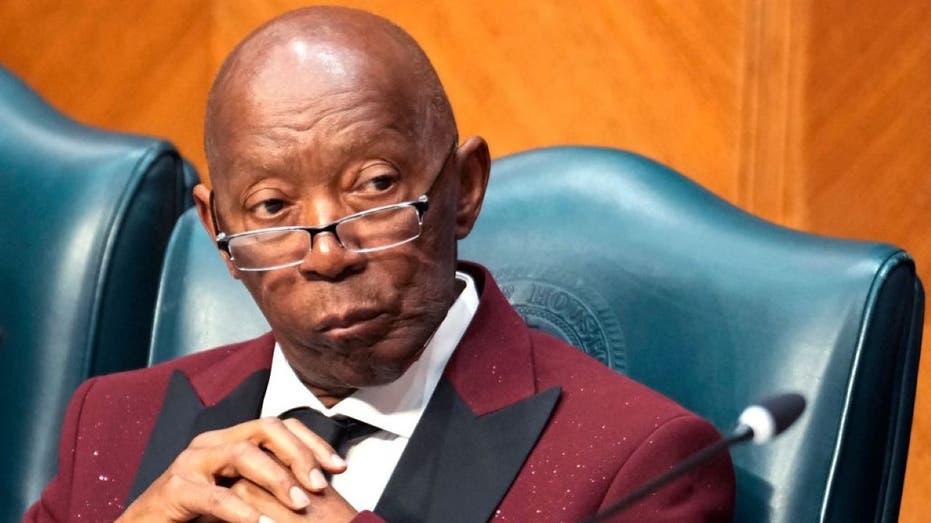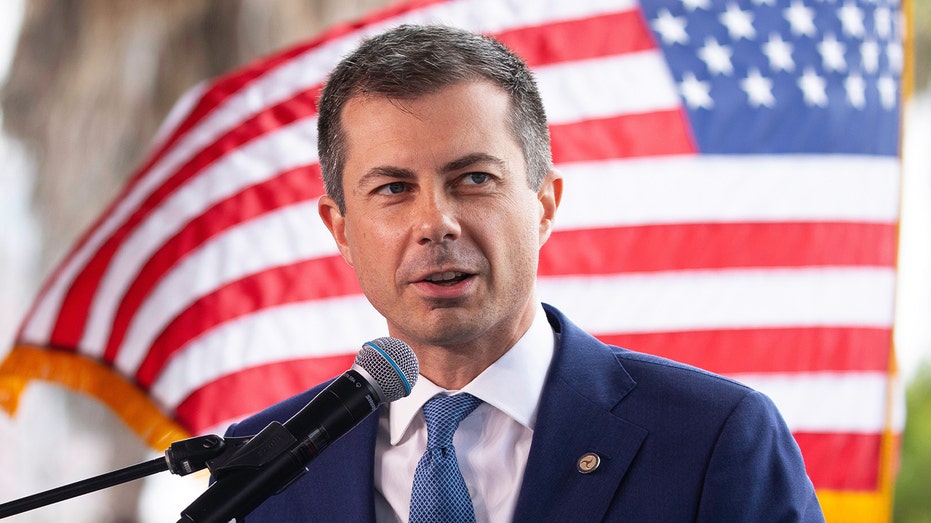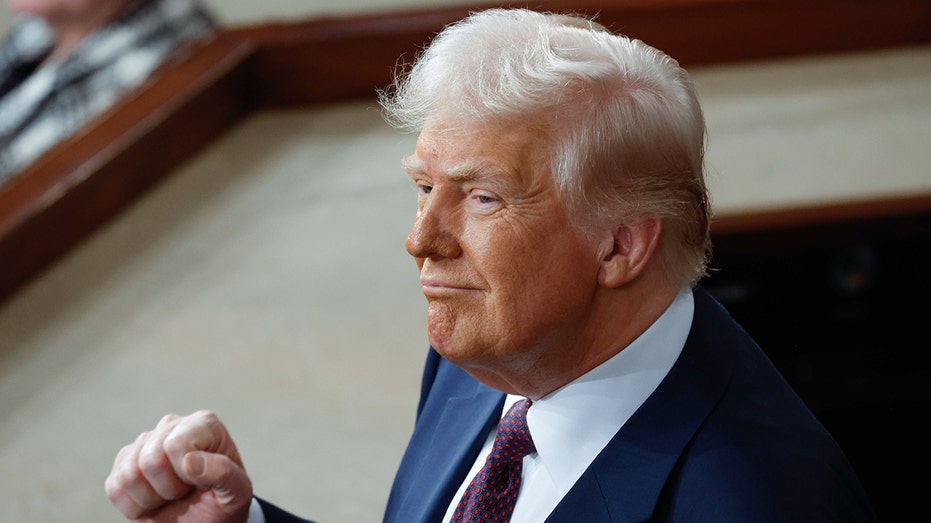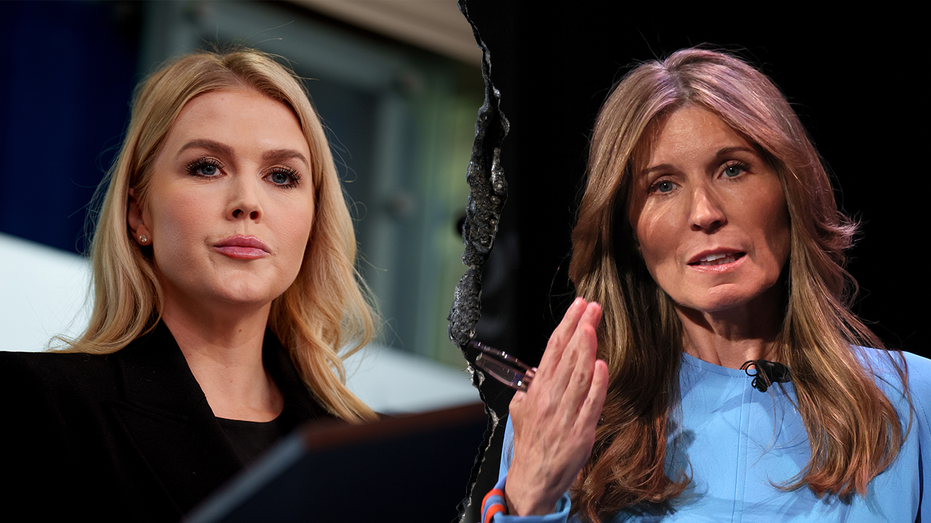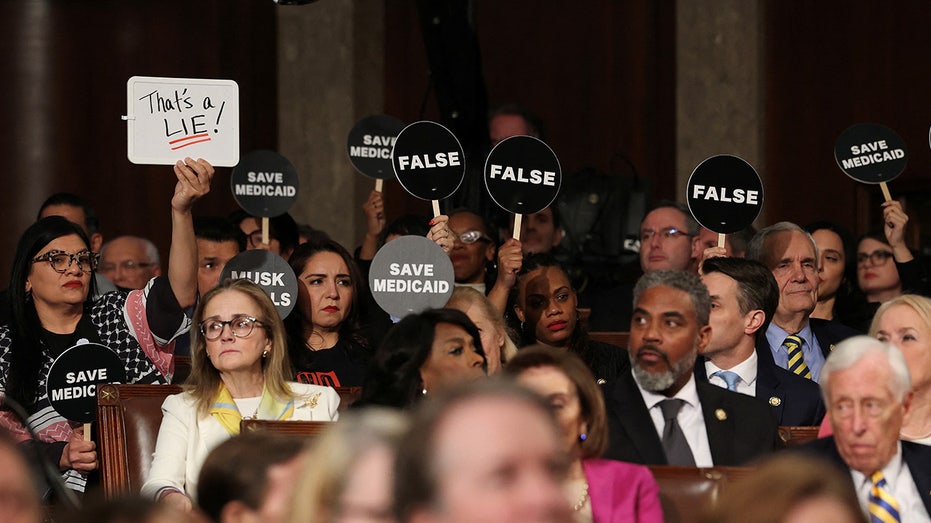- by foxnews
- 06 Mar 2025
What does Donald Trump’s indictment say about US democracy? | Jan-Werner Mueller
What does Donald Trump’s indictment say about US democracy? | Jan-Werner Mueller
- by theguardian
- 01 Apr 2023
- in politics
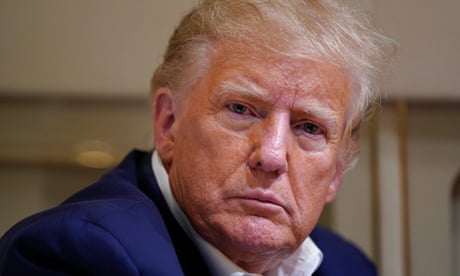
So it finally happened. Trump has been indicted. For Democrats and scattered anti-Trumpers on the right, it will probably feel not nearly as satisfying or generate as much schadenfreude as they imagined. In fact, it might seem positively anticlimactic.
After all, Trump did not get indicted for his political crimes and misdemeanors. Other investigations may still catch up with him. But the fact that there is no choreographed political theater is precisely how democracies tend to work: messy, piecemeal, ensuring that there is no impunity.
Trump sycophants like Elise Stefanik and Andy Biggs complain that the country is becoming authoritarian and like "the third world". Never mind the underlying racism of such pronouncements - the absence of spectacle proves that they are wrong, as does that fact that countries who fare far better on global democracy rankings than the US have not hesitated to go after former leaders for wrongdoing.
Former German president Christian Wulff was indicted on corruption charges - and cleared. Former French president Nicolas Sarkozy was indicted for bribing a judge and for campaign finance violations; he was convicted and sentenced to prison (his appeals are pending). Italian prime minister Silvio Berlusconi, a kind of Trump before Trump, was sentenced to four years in prison. In France, it would have once been unthinkable that a president - who, on one reading of the original, rather royalist conception of the Fifth Republic, embodies the country as a whole - could be treated like an ordinary criminal. But that is the point: the law cannot allow for exceptions; in both democracy and according to the rule of law, we are meant to be equals.
To be sure, it can easily seem like, in the end, there are different rules, and different punishments, for different people: Berlusconi never saw the inside of prison; for reasons of age, his sentence was commuted to four hours a week of work with dementia patients. If appeals fail, Sarkozy would in the end only have to suffer house arrest with an electronic monitoring bracelet for his illegal campaign spending. Berlusconi has picked up his political career again and today sits very comfortably in the Italian senate. But this is again typical for democracies: there are no comprehensive show trials or even just cathartic moments; yet - unlike in countries congresswoman Stefanik would associate with the "third world" - there is no complete impunity either.
Prosecutions send a signal that going into politics is not a path to avoiding justice. Berlusconi, who was in legal trouble for decades, clearly hoped that parliamentary immunity would save him from the consequences of scandal after scandal. But being popular and being innocent are not the same thing; and any good democratic system will discourage a flight forward into politics so as to avoid proper accountability. Trump also appears to have assumed that declaring his candidacy for 2024 would render indictments less likely - and it's crucial to prove such assumptions wrong.
Of course, given the clear and present danger Trump has been posing to the republic already for years, there were two moments when he could have been removed from politics once and for all; in both instances, when successful impeachments might have banned him from holding office permanently, cowardly Republicans stood in the way. Some of them might be secretly relieved that the justice system is doing the work for them now. Yet, in all likelihood, the pattern of duplicity will continue: on the one hand, clandestine hope that Trump is irreparably damaged as a presidential contender, or at least that his capacity to shape the Republican party into a personality cult is diminished; on the other, loud proclamations of loyalty and accusations that Democrats are "weaponizing" the government.
No matter what Democrats say, or what a Democratic district attorney does, Republican accusations will be levelled at maximum volume and with maximum vituperation. Trump is making "retribution" central to his politics. Framing democratic contests as matters of revenge is as dangerous as it gets - but it is hardly Democrats who started it.
Desires for revenge and resentments are bountiful resources for a political machine which makes a handsome profit on the side: Trump is already monetizing the indictment, just as he profited from the big lie about the election. As authoritarian populist leaders around the world have discovered, shared grievances and making everyone feel like a victim can create solidarity. This would happen no matter how well choreographed indictments are, or what Democrats say or do not say.
Ironically, one factor that may undermine this political-financial business model of martyrdom is the sheer tawdriness of the hush money saga. Trump at the time evidently no longer trusted his self-assessment that he could shoot someone on Fifth Avenue and the base would still come out for him. Hard to believe that people, after the Access Hollywood tape, would have cared about yet another, rather conventional, scandal. As subsequent years were to prove, his followers, especially evangelicals, have not been particularly exercised about his personal life.
There is perhaps poetic justice in the possibility that the man who bet on being the ultimate outsider breaking all conventions may have his comeuppance as a result of a very old-fashioned scandal.
- by foxnews
- descember 09, 2016
'Gate lice' run-ins have flyers demanding more airlines 'crack down' on pesky travel trend
Passengers are asking major airlines to do something about "gate lice" problem at airports. American Airlines currently has new tech to stop the line-cutters.
read more